Last weekend I passed my one-year mark living in San Francisco, and it made me ponder all of the adjustments I have had to make over the past 12 months.
I just about know how to get a decent sup of tea: It’s a cliché, but it’s true – Americans just don’t do tea. The funny thing is, in California especially, they think they do. Many times I’ve asked for tea and been directed to a menu with a dozen or more ‘teas’ of every hue and permutation. But not tea as a Brit would know it. Not black tea. Prime among the culprits is Four Barrel. Yes, it’s a coffee establishment, but they do have a whole ‘tea bar’… that steadfastly refuses to serve you a proper cup of tea. A bearded hipster will construct a whole science experiment for you though, with different leaves, a filter, and a back story about the growers, before finally serving you with a flourish something that is completely undrinkable. In a beaker.
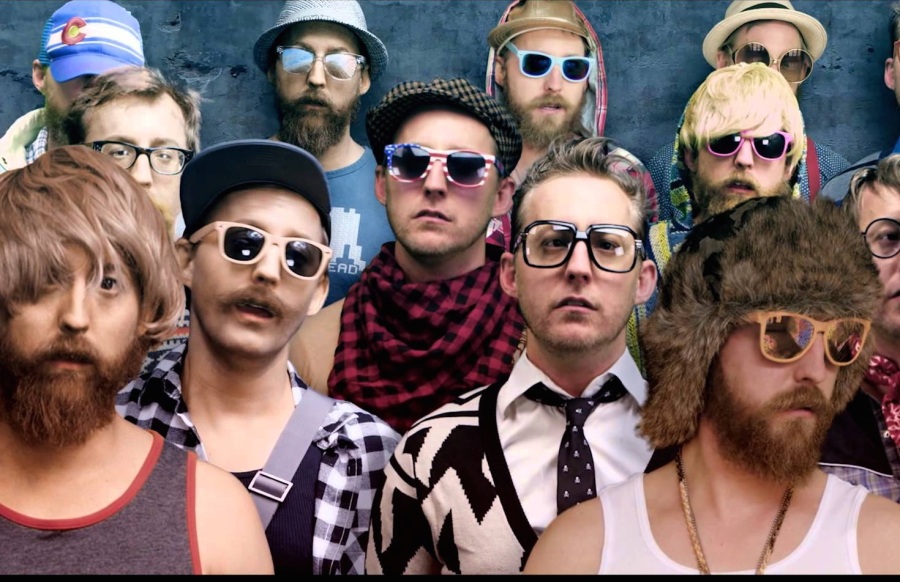 Those establishments that do serve tea will very often give you a cup of hot-ish water and a tea bag. No milk, unless you ask for it, and even then you are very likely to get cream, or a strange thing called Half and Half, which is half disgusting and half repulsive.
Those establishments that do serve tea will very often give you a cup of hot-ish water and a tea bag. No milk, unless you ask for it, and even then you are very likely to get cream, or a strange thing called Half and Half, which is half disgusting and half repulsive.
So I tend to carry tea with me. Proper tea. Twinings. Even PG Tips will do. That way, if I get blank stares when I ask for tea, I just ask for a cup of boiling water and a small jug of cold milk. It mostly works.
The coda to this is that a year ago, when I started working in our San Francisco office, tea was a foreign concept. We have about a half dozen different coffee makers, which between them seem to employ more technology than the Apollo space program did, but no (black) tea bags, no milk, and no facility for boiling water. So I took matters into my own hands and set up a tea point, complete with kettle, tea bags and even, on occasion, biscuits (note: not cookies).
Slowly, others started joining me in my afternoon ritual of a cup of tea. You can just about squeeze seven cups out of the kettle and now, some days, I have to refill it, such is the love of ‘tea time’. (“It’s cute.”) I like to think I have been a civilising influence.
I know how to cross the road: This is actually a bigger deal than you might think. It took me a while to get into the habit of looking the right way, for a start. And, unlike London, where you take your chances running between the traffic just to get to the other side of Charing Cross Road, here you will rarely see anyone attempting to cross the road except at the crossing, for to ‘jaywalk’ invites the opprobrium not just of motorists but of your fellow pedestrians. Far from embodying the revolutionary spirit you might think, San Franciscans like to follow rules – at least when it comes to crossing the street.
I know how to order breakfast: I am writing this on a flight from San Francisco to Philadelphia and had time for breakfast at the airport before I boarded. While an American breakfast does not hold a candle to the Full English (even my US colleagues agree), the process of ordering bacon and eggs can be baffling for the uninitiated. For a start, there are about a dozen different ways of having your eggs and approximately 18 different kinds of bread for your toast. An English muffin bears no relation to anything you would get in England, bacon is not bacon as we know it (it’s some crispy distant relative), sausages could include turkey, chicken or any other combination of meats, before pork is a consideration, and ‘tater tots’ defy description. So you have to know every possible combination before you sit down. After 12 months, I think I have it down.
I translate: With all of these adjustments and more, I could probably slip by unnoticed, were it not for my accent (Americans still love it, even if they do think I’m Australian half the time) and the language I use, which often baffles people. So I do translate certain terms, just to make myself understood. On the flight earlier, I had to ask for ‘waddurr’, as ‘water’ just wasn’t getting through.
A year in to my American adventure I’ve adjusted pretty well. But I won’t lie, my Britishness does make me something of an exotic creature, which is a nice feeling.
Now, where in Philadelphia can I get a decent cup of tea?
 “You mean you don’t say sidewalk, instead of pavement?” Asked Friend No 1. No. “And you don’t say faucet instead of tap?” said Friend No 2. No. After forty-odd years of speaking in a particular way, with a particular vocabulary, you don’t change that quickly, I explained.
“You mean you don’t say sidewalk, instead of pavement?” Asked Friend No 1. No. “And you don’t say faucet instead of tap?” said Friend No 2. No. After forty-odd years of speaking in a particular way, with a particular vocabulary, you don’t change that quickly, I explained.
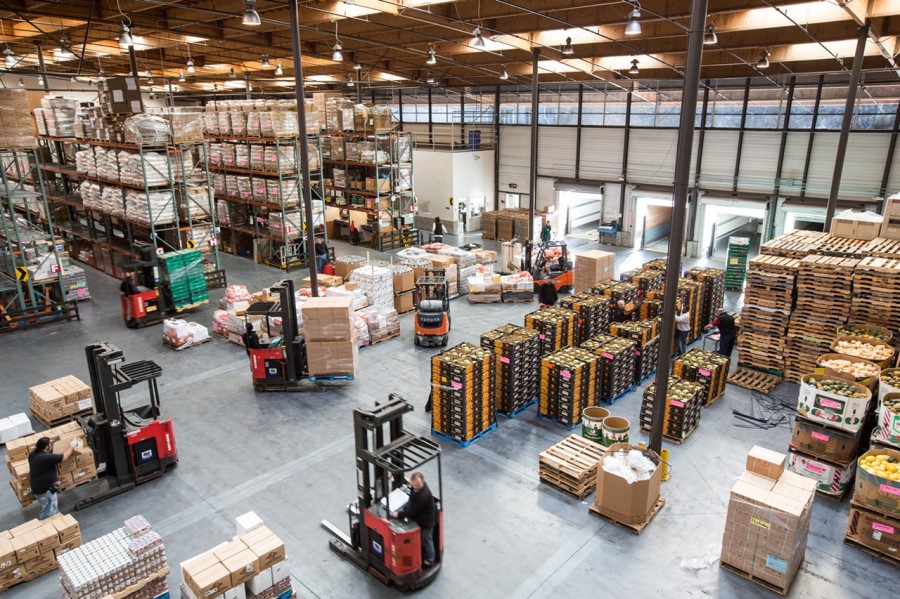 San Francisco has a large and highly visible homeless population. I looked it up: There are 795 homeless people here for every 100,000 – second only to New York. There are whole communities of people living in tents, cheek by jowl with the city’s wealthy (and which
San Francisco has a large and highly visible homeless population. I looked it up: There are 795 homeless people here for every 100,000 – second only to New York. There are whole communities of people living in tents, cheek by jowl with the city’s wealthy (and which 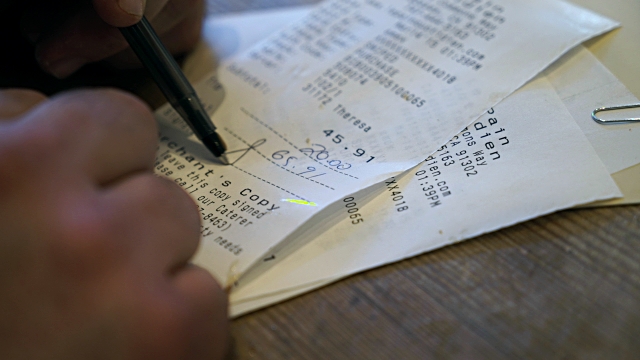

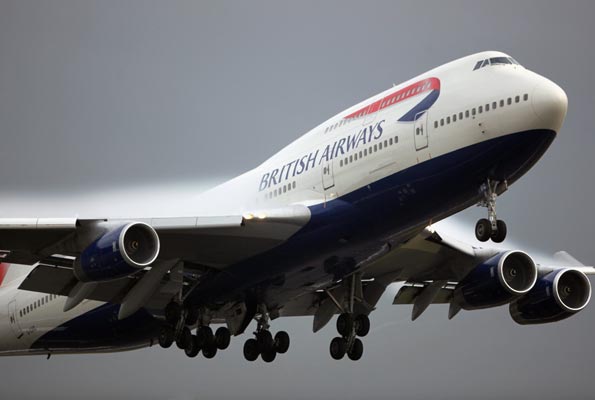
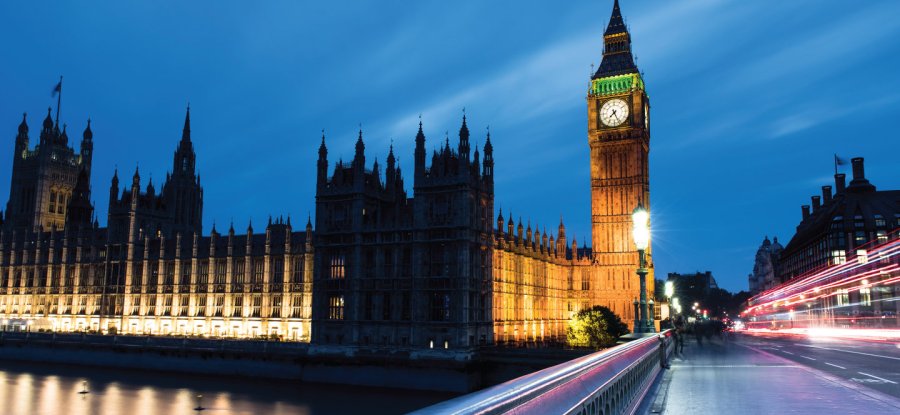 To be honest, when asked, I have struggled with the answers, but as I contemplate leaving the city that has been my home for 25 years, here’s my attempt at answering the first part:
To be honest, when asked, I have struggled with the answers, but as I contemplate leaving the city that has been my home for 25 years, here’s my attempt at answering the first part: My appointment was 8.30am and, it being another sunny morning in London (I know, right?), I thought I would walk from
My appointment was 8.30am and, it being another sunny morning in London (I know, right?), I thought I would walk from 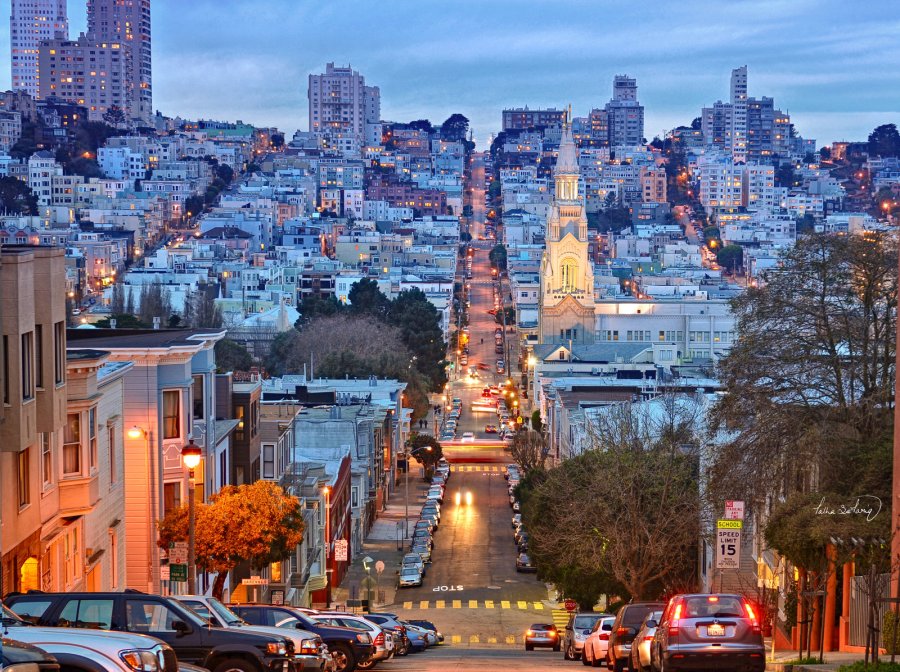 I do wonder if the process is deliberately designed to make it as difficult as possible, to put people off. “Give me your poor, your huddled masses…” But only if you can fill out this 16 page questionnaire first. And prove that no American can do the job you are coming here to do. And that you’re not here to incite revolution. Oh, and did we mention we have a few questions…?
I do wonder if the process is deliberately designed to make it as difficult as possible, to put people off. “Give me your poor, your huddled masses…” But only if you can fill out this 16 page questionnaire first. And prove that no American can do the job you are coming here to do. And that you’re not here to incite revolution. Oh, and did we mention we have a few questions…?